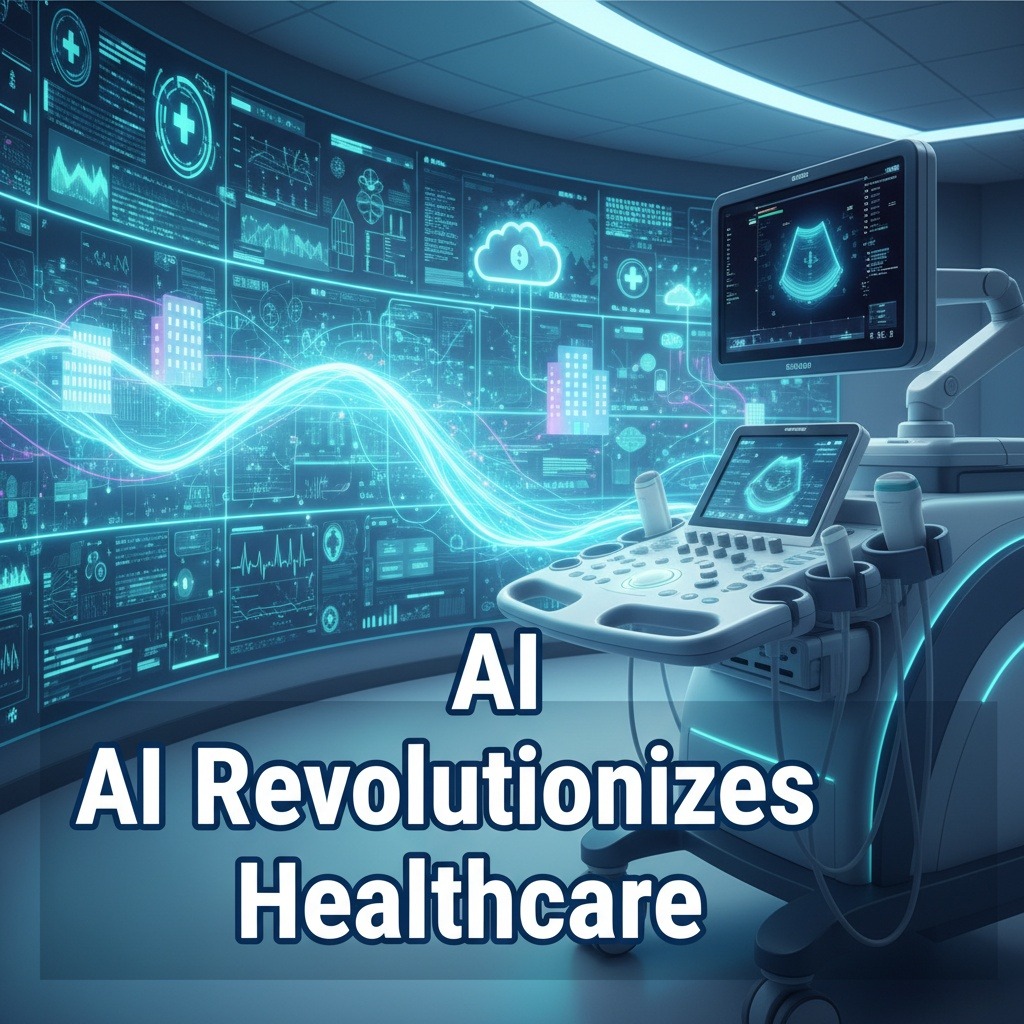Tech giant Samsung has made significant strides in healthcare technology by forming a partnership with Galeon, a decentralized science (DeSci) protocol that leverages artificial intelligence for healthcare solutions. This collaboration, announced on Tuesday, focuses on enhancing the use of AI training data derived from Samsung’s ultrasound devices.
Samsung’s ultrasound equipment will be integrated with Galeon’s electronic health record (EHR) platform, which is already operational in 18 hospitals across various locations, including renowned institutions in France, such as Rouen University Hospital and Caen University Hospital. This partnership aims to improve the accessibility of medical data while adhering to strict privacy standards.
According to Galeon CEO Loïc Brotons, the approach ensures that patient data is not retained on a blockchain. Instead, the AI algorithms that analyze the data will function on-chain, allowing for complete traceability of their operations. “To maintain compliance with privacy regulations, all data is anonymized before it is utilized for training purposes,” Brotons explained.
The collaboration underscores a significant shift in how healthcare providers can utilize AI technology without compromising patient confidentiality. Each hospital participating in the EHR network will maintain control over its own data while contributing to the collective training of shared AI algorithms. This decentralized model not only promotes collaboration but also fosters an innovative environment where AI can thrive.
The importance of healthcare within the decentralized science sector continues to grow, with various initiatives aiming to transform traditional medical practices. Alex Dobrin, an awareness steward at VitaDAO—a collective dedicated to extending human lifespans—pointed out that the considerable time and financial investments associated with drug development have motivated individuals to take novel approaches to healthcare.
Examples of advancements in decentralized science encourage wider interest and investment in the sector. Recently, HydraDAO, a DeSci decentralized autonomous organization, reported a breakthrough in its research—demonstrating that rats with severed spines regained mobility within five days. Such developments have undoubtedly spurred investment interest in the DeSci space.
Interest in decentralized science continues to surge. In a recent funding round, DeSci platform Bio Protocol raised $6.9 million from investors such as Animoca Brands and Maelstrom Fund. This followed an earlier investment from Binance Labs, which further underlines the growing confidence in the potential of DeSci projects.
Data acquisition is central to many initiatives within the DeSci space, with platforms currently vying for access to genetic data from companies such as the bankrupt DNA testing service 23andMe. This competitive landscape illustrates a broader trend towards integrating blockchain technology with healthcare data, enhancing ownership and utility in a field ripe for innovation.
As the partnership between Samsung and Galeon unfolds, it signifies a promising step towards a future where healthcare and technology can intersect responsibly and effectively, paving the way for advancements that emphasize both patient privacy and the power of artificial intelligence in medicine.



